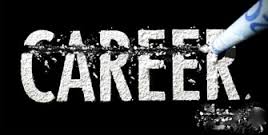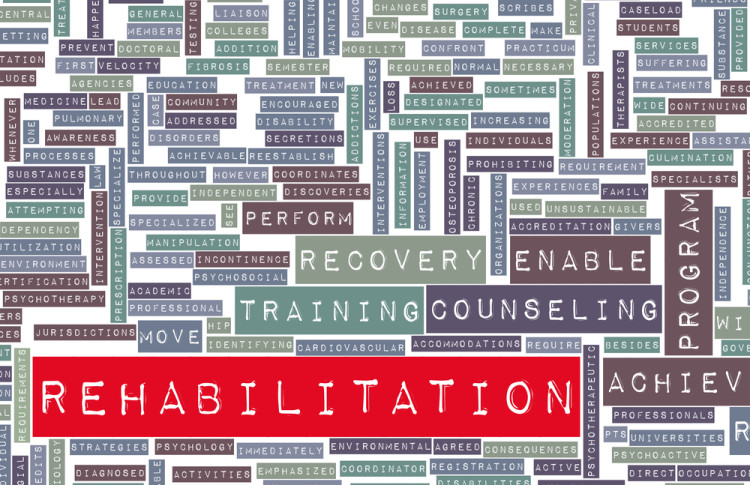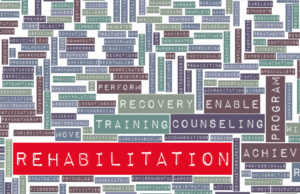Heroin assignment in the brain

Heroin assignment in the brain are never good for human health in general
Heroin assignment in the brain: Facts about heroin addiction
When you ask me this question how does heroin work in the brain? I will respond to help you not get confused as to whether heroin is good for your health or otherwise. You cannot gamble with your life and most importantly your health. For your information, this I the most valuable asset one can ever possess in life. When experts at AWAREmed Health and Wellness Resource Center say that your health is your health, it is not a gimmick. It is a confirmed fact and you can attest to it even as a layman. Heroin as a drug has nothing to offer in the protection to this most valuable yet priceless asset called health. And just to erase the confusion from your mind if any, doctor Dalal Akoury the MD and founder of AWAREmed Health and Wellness Resource Center explains that, under normal circumstance the heroin assignment in the brain generally human body is to naturally produce its own opiate-like substances and uses them as neurotransmitters.
As we progress into the discussion about heroin assignment in the brain, let me make emphasis that in a different way, I have not just singled out heroin but substances like opiate. Meaning that some of the substances am alluding to may include endorphins, enkephalins and dynorphin and collectively they are commonly known as endogenous opioids. Endogenous opioids modulate our reactions to painful stimuli and this is where many go wrong and are attempting to associate heroin with proper functionality of the brain. That aside these endogenous also regulate vital functions such as hunger and thirst and are involved in mood control, immune response, and other processes.
Heroin assignment in the brain: Exogenous substances
And now as to the reason why opiates like heroin and morphine are affecting us so powerfully is that, these exogenous substances bind to the same receptors as our endogenous opioids. There are three kinds of receptors widely distributed throughout the brain including the mu, delta, and kappa receptors.
These receptors through the second messengers, influences the likelihood that ion channels will open, which in certain cases reduces the excitability of neurons. This reduced excitability is the likely source of the euphoric effect of opiates and appears to be mediated by the mu and delta receptors.
This euphoric effect also appears to involve another mechanism in which the GABA-inhibitory interneurons of the ventral tegmental area come into play. By attaching to their mu receptors, exogenous opioids reduce the amount of GABA released. Remember that under normal circumstances, GABA reduces the amount of dopamine released in the nucleus accumbens. By inhibiting this inhibitor, the opiates ultimately increase the amount of dopamine produced and the amount of pleasure felt. Besides that doctor Akoury says that the chronic consumption of opiates inhibits the production of cAMP. However this inhibition will be offset in the long run by other cAMP production mechanisms. When no opiates are available, this increased cAMP production capacity comes to the fore and results in neural hyperactivity and the sensation of craving the drug. And with craving you can easily continue in the addiction life. Doctor Dalal Akoury MD, wants to help you defeat all these and set you free from all manner of addiction. You can call her today to schedule for that important appointment.
Heroin assignment in the brain: Facts about heroin addiction



 Integrative therapy is based on the premise that each person carries a group of emotional and psychologic issues that are contributing to their addiction issues. Just as each person is an individual, their therapy should be just as individual. Integrative Therapists design and implement a course of therapy that is structured to the patient instead of attempting to fit the patient into the mode of therapy. The goal of integrative therapy is to repair the mind and the body allowing the patient to be at their best both mentally and physically. Integrative therapy is based on the idea that our experiences frame our behaviors and through an exploration of a person’s experiences addiction can be cured. Clinicians are tasked with developing a method that works for each client as an individual but common methods are used, only in a nontraditional way. It is a combination of humanistic therapies, psychoanalytical and psychodynamic therapies, as well as cognitive and behavioral therapies. The therapist will utilize those properties of the different modes of therapy that will most benefit the patient. The type and combination of therapies are not the only things that are important for the patient. The attitude of the clinician can be vital to the process.
Integrative therapy is based on the premise that each person carries a group of emotional and psychologic issues that are contributing to their addiction issues. Just as each person is an individual, their therapy should be just as individual. Integrative Therapists design and implement a course of therapy that is structured to the patient instead of attempting to fit the patient into the mode of therapy. The goal of integrative therapy is to repair the mind and the body allowing the patient to be at their best both mentally and physically. Integrative therapy is based on the idea that our experiences frame our behaviors and through an exploration of a person’s experiences addiction can be cured. Clinicians are tasked with developing a method that works for each client as an individual but common methods are used, only in a nontraditional way. It is a combination of humanistic therapies, psychoanalytical and psychodynamic therapies, as well as cognitive and behavioral therapies. The therapist will utilize those properties of the different modes of therapy that will most benefit the patient. The type and combination of therapies are not the only things that are important for the patient. The attitude of the clinician can be vital to the process. You may be thinking this sounds like something that should be explored but where to find the experts and professionals who have utilized this method is something of a problem. Integrated therapy is a fairly new concept, so there is not a great deal of print information out there about the method. It would be extremely helpful if there were a great conference that brought together all the experts in one place, we all know how valuable a great conference can be. In August of 2016, there will be just such a conference. Held in Austin, Texas this year the
You may be thinking this sounds like something that should be explored but where to find the experts and professionals who have utilized this method is something of a problem. Integrated therapy is a fairly new concept, so there is not a great deal of print information out there about the method. It would be extremely helpful if there were a great conference that brought together all the experts in one place, we all know how valuable a great conference can be. In August of 2016, there will be just such a conference. Held in Austin, Texas this year the